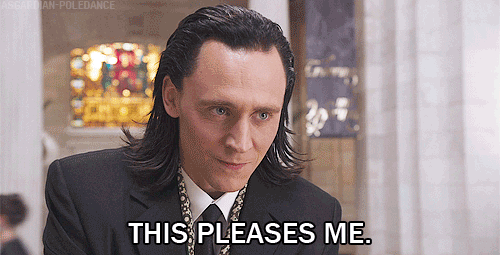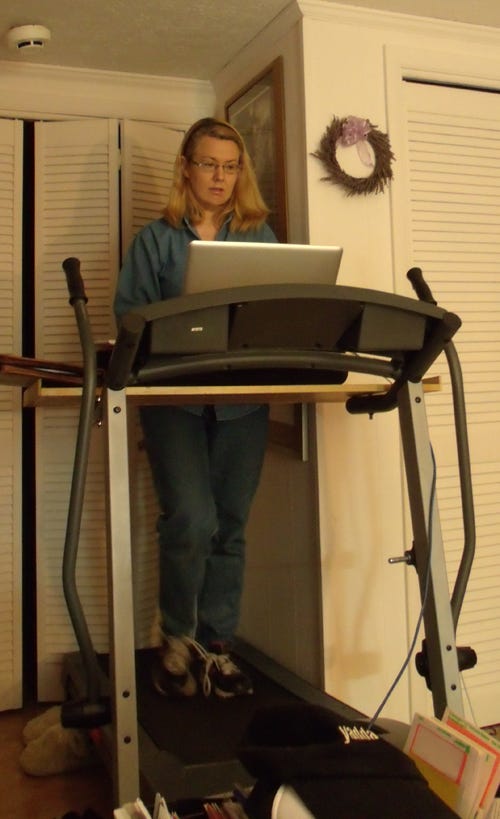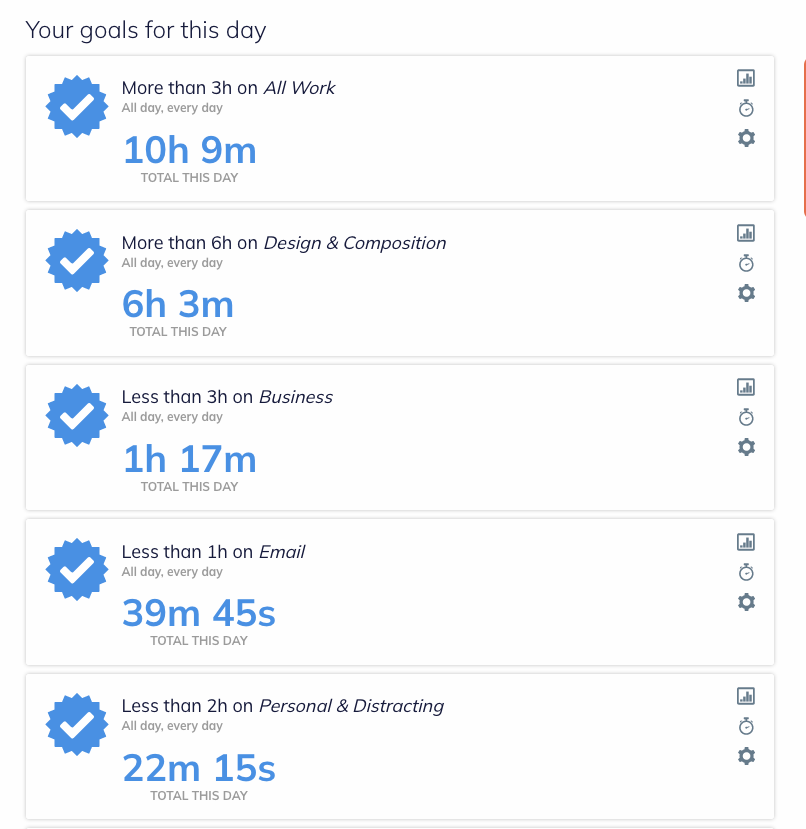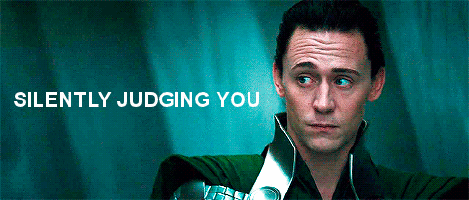The internet is an essential tool for promoting my work and spending important time with my readers. I’ve had a constant web presence for going on three decades.
I’ve made valuable connections with other creators. Warren Ellis and I met on message boards, and we went on to work together on several important projects. J Michael Straczynski contacted me out of the blue to support me when I was getting some crap in comics fan circles, and he’s become one of the best things ever to happen to me on a personal and professional level.
Income from my web presence grew from pocket money to a living wage.
On the down side, it took almost sixteen years for my web income to grow. There were months I didn’t even begin to cover my monthly web overhead. Before Paypal buttons and the like, it was expensive to take credit cards and maintain a shopping cart. I paid thousands for website building, with some designs never finished, and one client taking off with my passwords and registration before I finally landed DC McQueen who built a site that works.
(Yeah, I know, you’re thinking “Why didn’t you just build it yourself?” Well, I did, and replaced D.C.’s design eventually, but back then not so simple, and even considering what I’ve doled out to pay for one, it would have cost a lot more to learn to do it myself at the time. I don’t do my own car repairs, either.)
It’s nice to make money directly from my writing and art which supplements my big company publishing income nicely. Go me!
Still…that achievement took sixteen years.
Did public perception of my work change, did I get better, or did I finally just get enough web presence to find an audience?
I’m sure the answer is All of the Above.
There is a lot of time and effort that goes into building websites and updating them (or, in my case, paying someone to do it,) and a lot of time on Twitter and Facebook to build that audience, as well as computer time and equipment to develop all of these skills. If I were twelve years old and growing up with this, it wouldn’t be something I’d think of as a learning curve. It would just be something I do every day, like playing video games.
But Facebook, Twitter, and almost everything on the internet didn’t exist when I was twelve (when I studied computer science, we used punch cards for programming,) and I had to begin to learn to do all this when I was pushing thirty-years-old and had business obligations to deal with besides.
Sending assignments via the internet is now the norm, though my early adventures with trying to format files and use FTP sites, or to do the now-required production work for my art, made for comedy of errors material. (I know many creators who still can’t do these things, and they have trouble getting work.)
I could not do business today without the internet, and it saves me the time and energy of going to Federal Express a couple of times a week, and thousands annually in shipping costs.
But it’s also a time and brain suck, where social media goes from a great place to meet fans and talk to your fellow pros, to a place where pervy dudes send you disturbing mash letters and naked photos (I have seen so many random dick picks I am genuinely bored by them and they might as well be sending me pics of their thumb,) conspiracy theory nuts plaster your page with crap about 9-11 and the moon landing, people do very bad things with your work and tell you to be grateful for it, and trollish weirdos dominate comment threads.
Dealing with them is an emotional drain.
When I get in a work funk, I can waste hours web surfing or blathering on social media. People who have cognitive disorder and attention or focus issues are especially vulnerable to the fugue state brain suck of the internet. We aimlessly run around, flipping from one site to the next, one comment to the next, like that couch potato dude who sits in front of the tube and never seems to do anything but click the remote.
We don’t feel the passage of time: three hours or twenty minutes? We never know. We’re floating in the mists of brain fog.
I spent some time going over the time cost of my social media use, and the profits I made due to my web presence between 2000 and 2014 did not outweigh the time and money investment I spent on the web.
On the other hand, I doubt I’d have a career today without it.
The trick is to find the balance between art making and web use.
Look, spending time on the web reading articles and chatting on Facebook is no different than spending a half hour at breakfast reading the newspaper, or an hour after work with your friends at the pub.
When it eats into your work, or, more importantly, when you have trouble dealing with disruptive people and their drama, it’s a good idea to limit your access and people’s access to you.
I used to limit my social media use to time spent on my treadmill desk: that way if I was being chatty, at least I was getting some exercise! Then the novelty wore off and the treadmill died.
Now I use apps like Rescue Time to track my computer use and keep a solid record of my work hours. I gave them an interview here for which I was not compensated in any way. I use this app every single day.
Here’s a look at a Rescue Time work log for Sunday.
Rescue Time allows for a wide range of personalization, and it takes some getting used to. But other apps with the same features are even more complicated, and not as specific for the needs of the self employed.
Install apps that monitor or limit internet use. Free and easy to use is Self Control.
This app blocks whatever website you program into it. Sometimes I set it to block for hundreds of hours at a stretch.
When you install it, this image pops up and I nearly had a cardiac because I thought I must have downloaded some sort of virus:
But it’s OK, it really looks like that.
Leechblock is a Firefox add on. You can tell the program to block many sites in different categories, and set what limits you want for each category. It also has a statistics function which lets you see exactly how much time you’ve spent on any sites you’re tracking.
Also, there are some sites I just don’t want to see at all. I don’t want to give them my patronage, or I find them offensive. I can block my browser from ever going there. If I click a link and don’t realize where it’s going, no worries. Leechblock stops me. There are some websites I haven’t seen in years.
One drawback: Leechblock is glitchy, and I’ve had to delete and reprogram it more than once because the timers get stuck. Still it has its uses and its free.
Freedom is another app I use every day, especially on my phone. However, it is easily bypassed via an uninstaller.
Minor drawback aside, it’s another great impulse control gidget. Many people would benefit from simply not hearing that email ping and, like Pavlov’s dog, jumping to see the latest dispatch. I have had Freedom running for years now. It also has a free version.
The mother of all social media blockers is Cold Turkey. It has a free version and a pro version. Since I have pro problems dealing with focus, I paid the dough.
Back in the day, it didn’t even have an uninstaller. But now it does.
Still it’s harder to uninstall or bypass than any other social media management app I’ve ever used, and I rarely need to use the bypass function. You can also set it to block the uninstall app if you feel you need to.
A lot of my impulse control problems were associated with an undiagnosed auto-immune disease. Now that that is well-managed, my social media overuse isn’t as much of a problem.
But it used to cost me hours every single day. And sometimes it cost me days.
Or weeks.
I still post regularly on my public social media, but I often do that via Hootsuite or Fedica. That way I can publicize my work while avoiding direct access to websites I shouldn’t be on. I let an assistant manage the comments, and I never see what I don’t need to see.
There’s nothing wrong with spending time on the net, or enjoying long distance friends via Facebook.
But I know many people who have attention/focus problems, and some artists get very upset when they see someone trashing their work on the web. You can block people you don’t like on Facebook, and you can block websites you don’t like with these apps.
I’ve had a couple of bloggers complain that if pros block their blogs, “They just can’t handle the truth!”
Most of these people aren’t speaking truth to power, they’re complaining about comic books.
You don’t have a professional obligation to read everyone’s commentary about you or your work. Your professional obligation is to produce the work.
Just for the hell of it, one day I tried reading all the news on the major comics blogs….FOUR HOURS LATER, I was still at it. There goes my day!
I don’t have time for that. Neither do you.
People pick and choose what is important to them, just like they pick and choose what comics they like to which they give favorable reviews.
No one hates you, blogger. I just picked another blog over yours.
Unnecessary web drama eats up time and attention. It creates stress. De-stress and turn it off. Focus on what is important to you and share your time with others in a productive manner that enhances your life and theirs.
You’re under no obligation to participate in anyone else’s time suck.


















I used to check Facebook and Twitter obsessively then a major health issue changed my mindset. I didn’t want the negativity, the complaining about inconsequential things and just plain old animosity of so many people on there. Now I sporadically pop onto social media spend a few minutes and leave. I miss knowing what friends are doing but those that matter know how to reach me and a few I actually speak to on the phone. ~gasp~ imagine using an iPhone as an actual phone lol. I read posts such as yours here and just let the rest go.
Thanks for these app suggestions and the time suck avoidance advice. One other thing that I find that may be useful to you and others, is that I use the Duck Duck Go browser which does a great job at blacking trackers and bot so you don't get a myriad of websites and ads tracking you.
Anyways, thanks for all this and that Freedom app looks very useful.